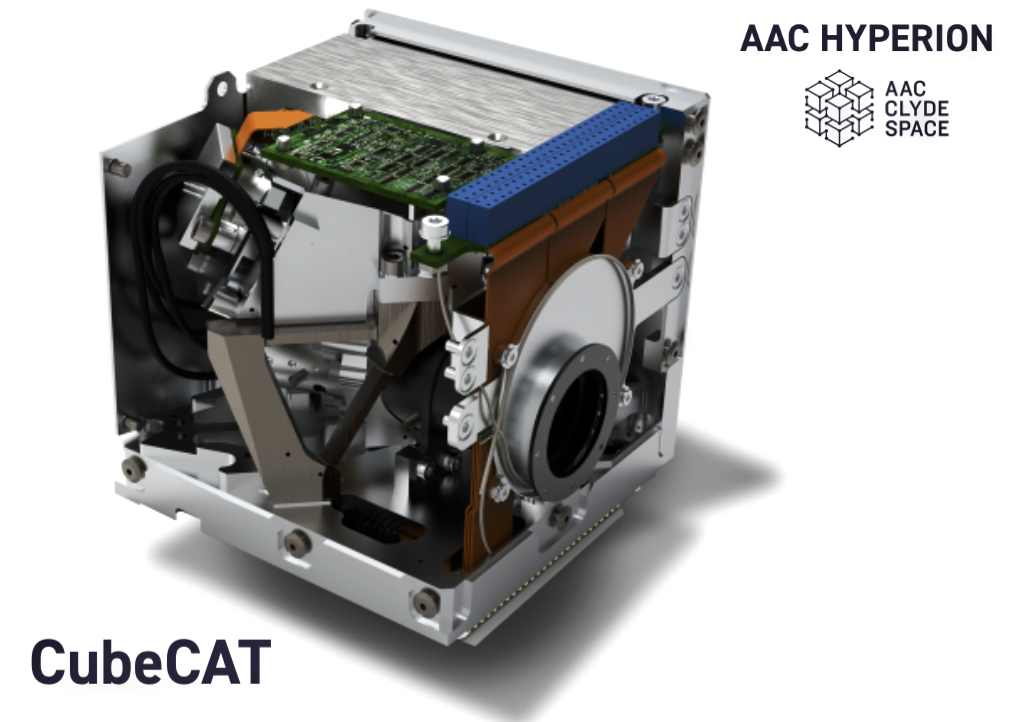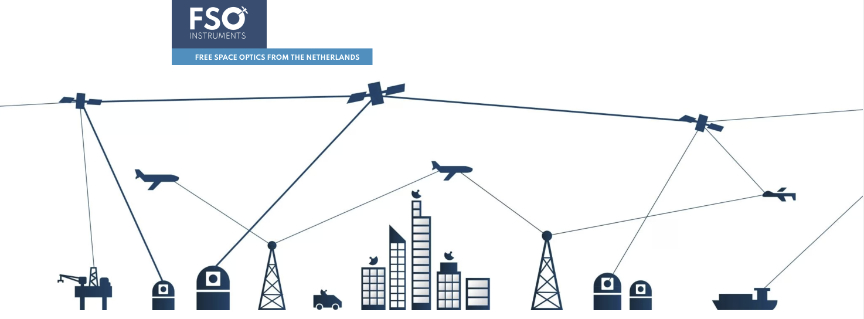
Recently, AAC Clyde Space‘s subsidiary, AAC Hyperion and its partners, Netherland’s FSO Instruments and TNO, have agreed to develop the next generation of laser communication terminals for smallsats.

In the project, AAC Clyde Space is to deliver a compact, low-cost, laser system capable of transmitting data from space at a speed of up to 10 Gbps. The project is planned to be finalized during the third quarter 2026.
AAC Hyperion will productionize the existing 1 Gbps system, CubeCAT V1, in corporation with FSO Instruments. This will also expand CubeCat‘s capacity to 10 Gbps to generate a next-generation terminal to enable space-to-ground communication between small satellites and optical ground stations.

The total value of the project is 3.5 million euros, of which 1.9 million euros will be co-funded by the Dutch National Growth Fund program NXTGEN HIGHTECH through the Netherlands Space Office (NSO). The project is thereby carried out under a program of and funded by the European Space Agency. The project will be recognized as revenue with no net margin as AAC Hyperion and partners will fund the remaining 1.6 million euros.
As commercial and government data demands continue to increase, the need for high-quality, timely data from space is growing rapidly. Laser communication technologies are being increasingly used to send data generated on satellites directly to earth. By transmitting through the infra-red wavelength band, the limitations of standard radio frequency communication technologies are avoided, thereby increasing transmission capabilities of satellites by factors of 10 to 100. Moreover, the narrow beamwidth makes optical communication links more secure. Laser communication systems also have the potential of lower size, weight and power, which is important in the Space domain.
The CubeCAT V1 is currently flying in LEO on a technology demonstration mission. It has been developed by TNO together with AAC Hyperion, the Group’s subsidiary in the Netherlands specialized in optical communications, and other partners.
“The demand for direct laser communication between satellites and Earth is growing rapidly. With this project, we aim to stay at the forefront of technological development,” says AAC Clyde Space CEO Luis Gomes.
